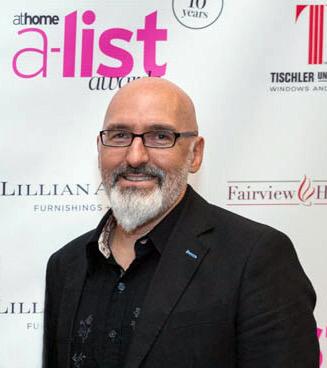Matt Kocyba is one of our award-winning Principals here at VAKOTA. His diverse background in commercial and residential design across the country packs a real punch, and brings a unique and important perspective to the work that we do.
“My specialty of late has been on our ‘living’ projects – residential homes, particularly in the New England area – but I have worked on projects all over.” Matt says. “I have done retail showrooms in the city, which was exciting, but the satisfaction I get in residential is different. On smaller residential projects you can really hone into the architectural details and get more personal. There’s nothing like working on a project from start to finish. I love being able to finish a project that I have invested so much time in, seeing the construction come to an end, and admiring the composition. You get to look at your art – and that is so satisfying.”

Matt has had projects published in, and won awards with, At Home Magazine, Connecticut Cottage and Gardens and the Connecticut AIA.
“The Connecticut AIA award was for restoring a Tudor-style house in May this year. What was so unique about this project is that we were able to fuse a contemporary walkway to the house which was integrated seamlessly. There is something about winning an award that’s judged by your peers that is so humbling,” says Matt. “But the bonds you make with clients during the process is way more fulfilling than the awards! It is great to be featured in a magazine – but it’s just for that issue. When you design someone’s home, you make a difference to their life. You create lasting relationships; I have had letters from clients telling me that after years of living in their house, they still love it – this is what moves me.”
Despite the current climate, VAKOTA has been able to continuously expand throughout 2020 – but not without some changes to the way we work. And Matt says the changes will not be going away anytime soon – they are going to affect not just our projects, but the architecture industry as a whole.
“There will definitely be changes. Nobody’s going to look at touching one another, or touching surfaces, the same way ever again. As architects we are going to have to evolve and be creative in our thinking as we go through the design process of public spaces.
“I don’t feel private spaces will be as affected in their design, but certainly in the design process, as we have already seen. In bidding we have changed to virtual walk-throughs. With clients, we have video conferences. Everything about the way we work is affected, and I don’t think that’s going anywhere.
“In public spaces, where a large number of people are coming in and out each day, we are going to have to look at different and, sometimes, completely new systems. Touchless entries, for example. Cleaning stations as you enter buildings. We have been investigating UV rooms that could be disinfecting bags and parcels, but the security aspect of that is a huge task.
“The evolution of how we design space, and how we use space as individuals, is going to change long-term, much like security and design at airports and public spaces changed after 9/11. We are used to the changes that were made then, and I think we’ll get used to the changes that are made with COVID-19 in mind as we move forward.”
As for how this will affect the industry financially, Matt thinks it will be a double-edged sword.
“It is hard to determine finances – in thinking about employees going back to work, businesses might start assessing overhead costs such as office space and leases. I think more people will be working from home after the pandemic and this is where VAKOTA’s diversity in projects is crucial. People who work from home may then need to renovate their house to accommodate a productive workspace. I feel like it might balance out.”
“As for New York City – that I’m less worried about. Leasing companies are not worried. They will take a hit initially, but much like in 2008 when the economy crashed, New York was the last to go. It was not hindered as much. It almost has its own economy.
“New York City is always rebuilding itself – I don’t think coronavirus will stop that. I’m optimistic – the future’s still bright.”



